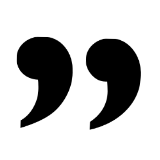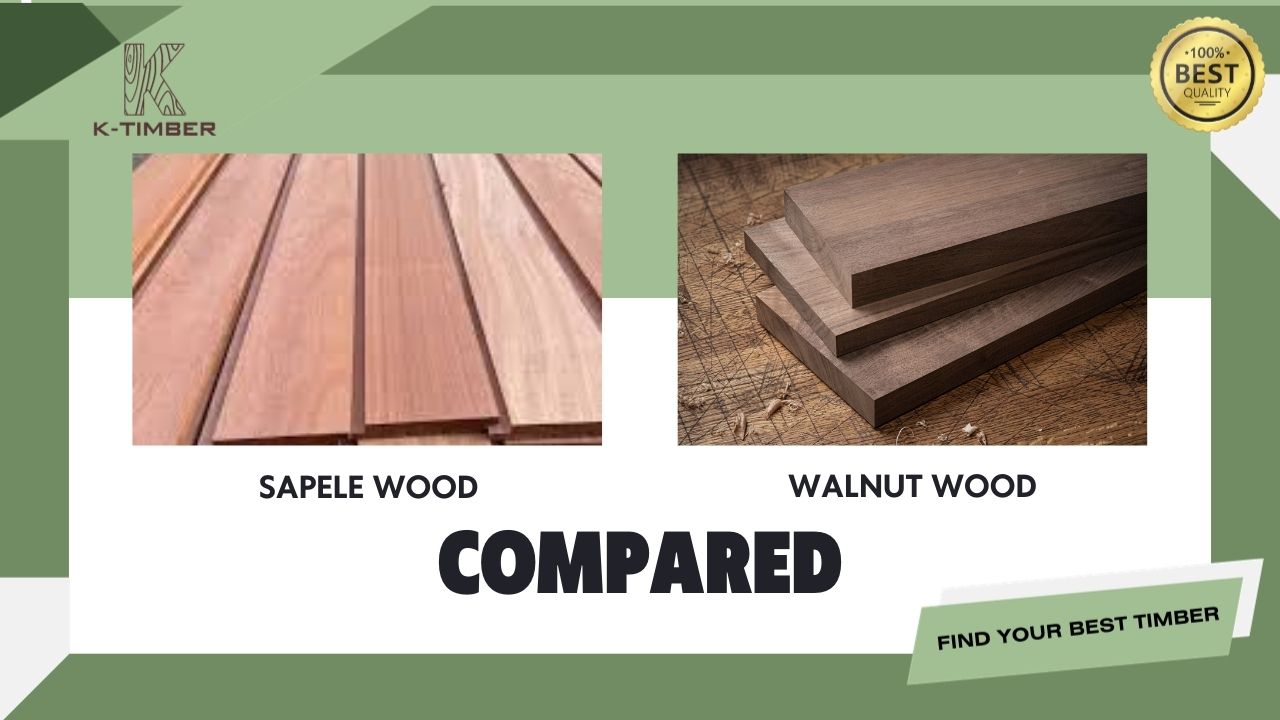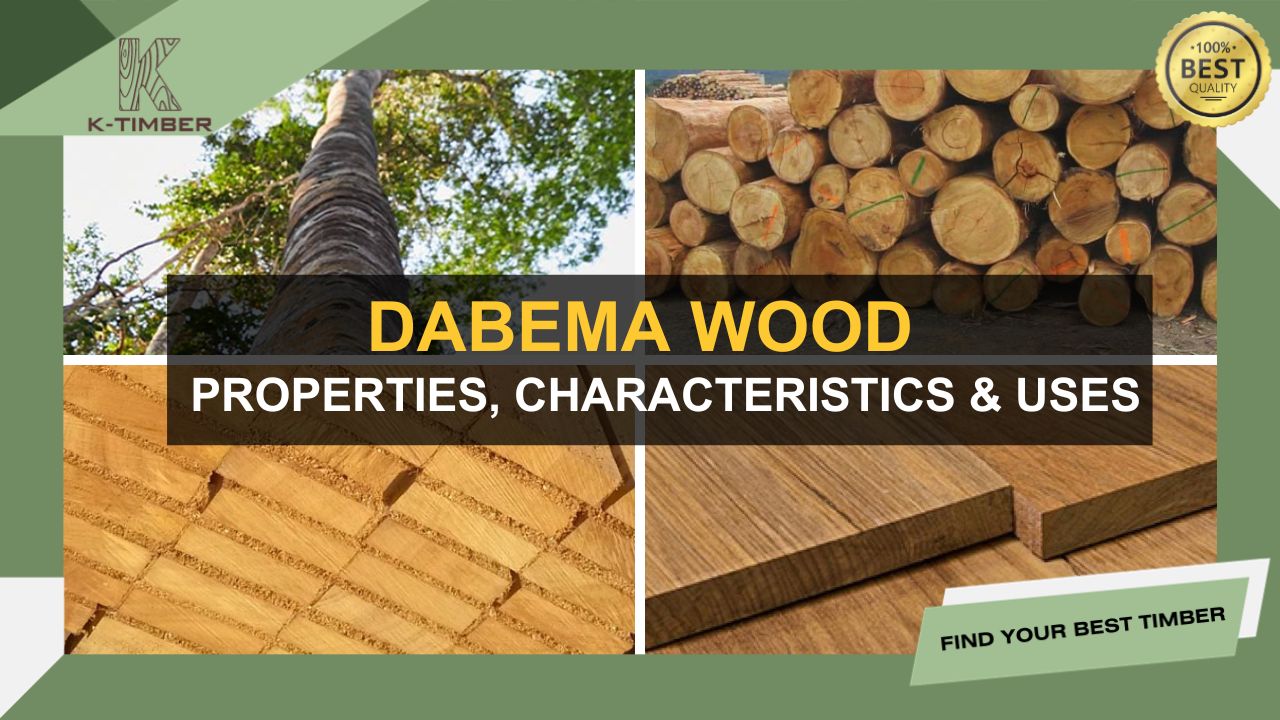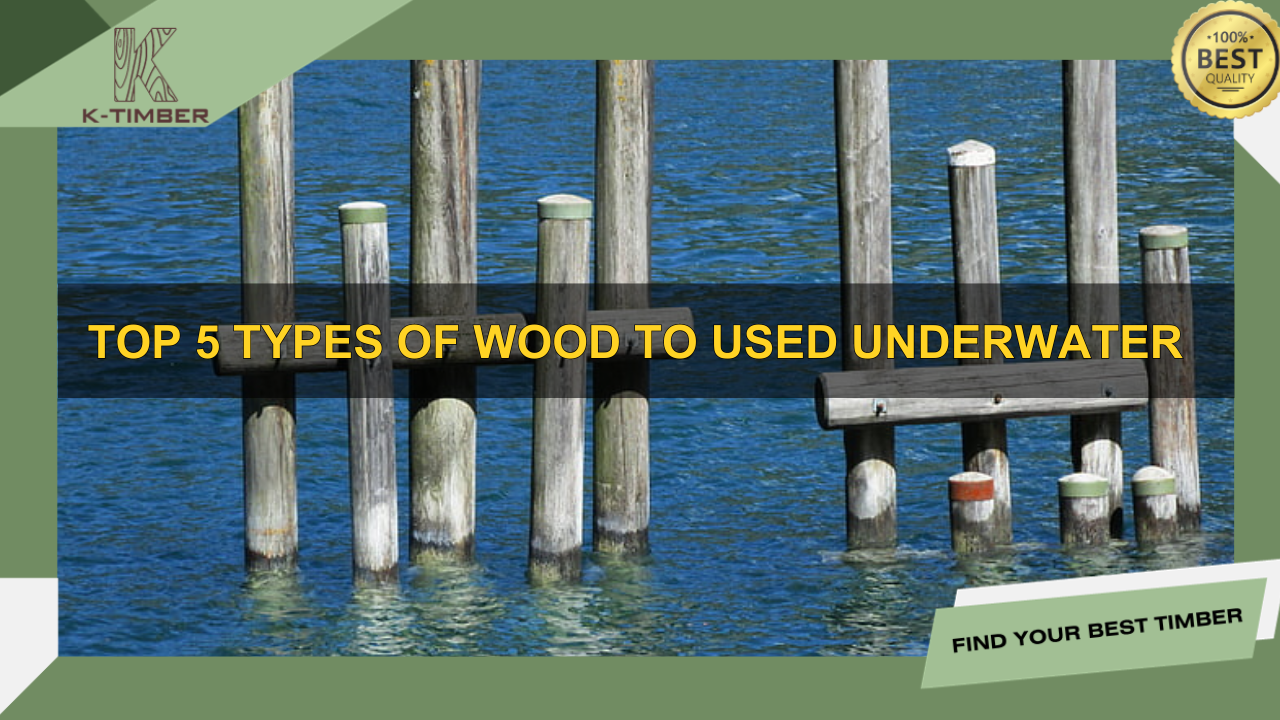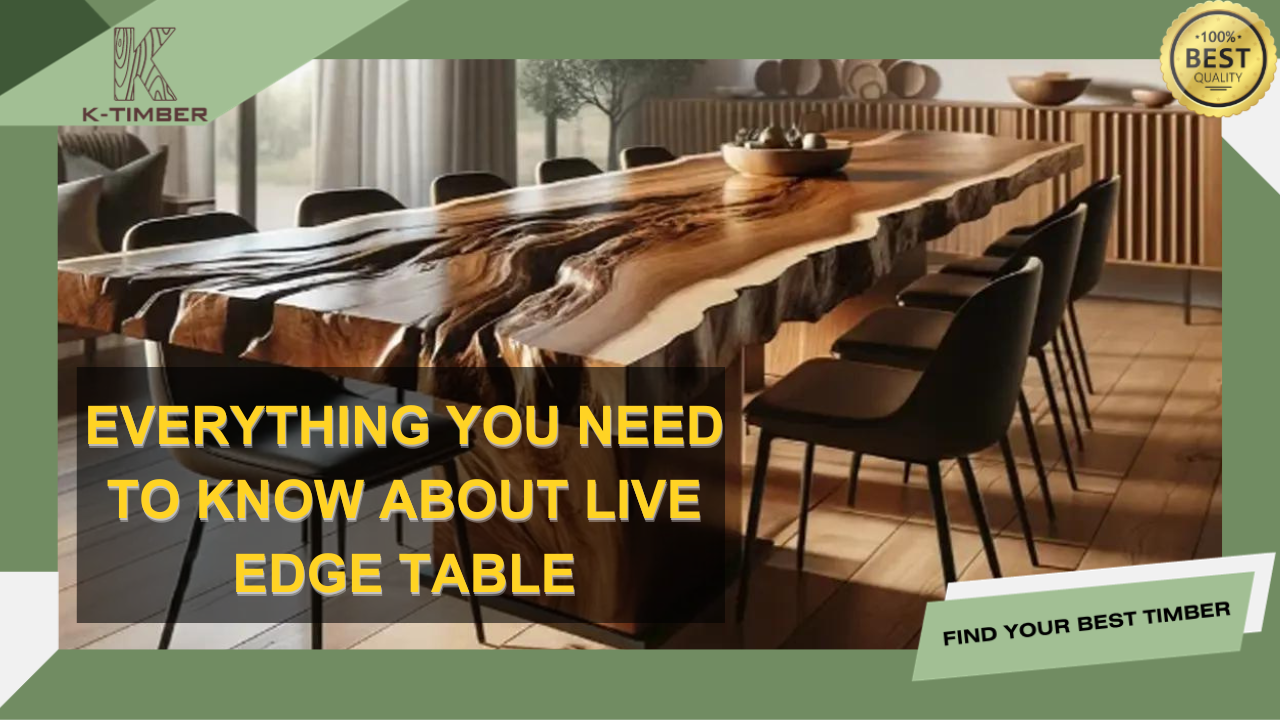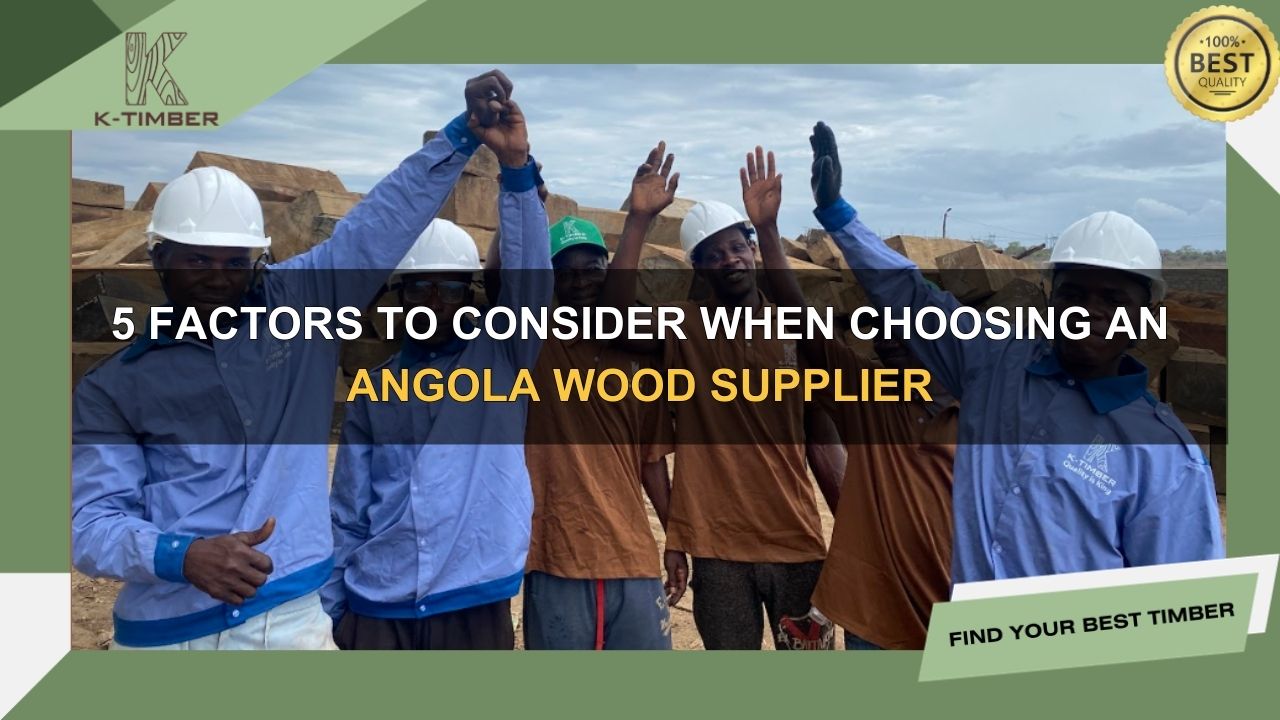When selecting wood for outdoor projects like furniture or flooring, it’s crucial to choose the right timber. Wood that resists water, moisture, decay, insects, and rot is regarded as one of the best choices for outdoor applications. Moreover, outdoor timber needs to be strong and dense to endure different environmental conditions. This article will guide you through selecting the and highlight the best timber for outdoor use.

Table of Contents
Key Considerations for Choosing Outdoor Timber
Building a beautiful and lasting outdoor space requires selecting the right building materials. When it comes to wood, several key factors play a crucial role in ensuring your project endures harsh weather and maintains its aesthetics.
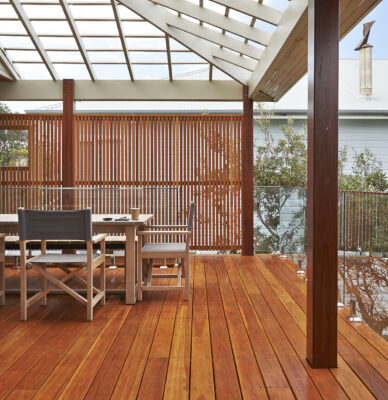
Here’s a breakdown of the essential considerations for choosing outdoor timber:
- Weather Resistance: Species like Iroko or Eucalyptus, which are naturally resistant to moisture, rot, and insects – are recommendable for withstanding the rain, sun, and other outdoor elements.
- Durability and Lifespan: Opt for wood known for its strength and longevity. Hardwoods like teak and redwood offer superior durability, guaranteeing your outdoor structures remain sturdy for years to come.
- Upkeep Needs: Consider how much maintenance the wood requires. Some types, like cedar, demand minimal upkeep. Others may need regular treatments and sealing to maintain their appearance and resist wear and tear.
- Visual Appearance: Due to unique grain patterns and colors, different woods can suit different preference. The rich warmth of teak or the reddish tones of Padauk can be popular choices for many people.
Top 6 Best Timber for Outdoor Use
Teak

Teak is one of the best timber for outdoor use due to its natural oils, which provide exceptional resistance to water, insects, and decay, ensuring endurance against harsh elements for years. This premium hardwood matures beautifully, resists splitting and warping, and develops a distinguished silver-grey patina. The impressive weather resistance of teak justifies its premium price.
While teak will eventually show signs of aging, its lifespan far exceeds that of most furniture. Replacements are often driven by stylistic changes rather than structural decline. However, teak is both expensive and difficult to source sustainably.
An ideal alternative is Iroko, which offers similar durability and beauty. Iroko trees grow large, providing a more sustainable and affordable option while still delivering excellent performance in outdoor settings.
=> Watch more: Iroko wood vs Teak Compared
Ipe
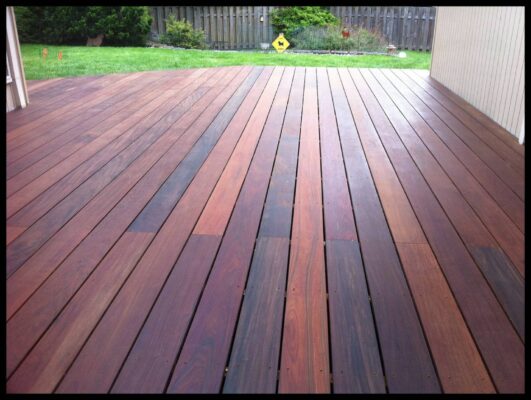
Ipe, or Brazilian Walnut, is also an excellent choice for outdoor projects. Originating from Central and Southern America, this dense wood resists warping, rot, insects, and fire. Ipe’s impressive density makes it ideal for decking, outdoor furniture, and exterior construction, lasting up to 40 years outdoors without significant tarnishing or decay.
However, its tightly packed grain makes it challenging to cut, requiring high-quality tools and substantial power, which may be difficult for novice woodworkers. Despite its higher cost, Ipe’s ability to withstand heavy foot traffic and harsh weather conditions justifies the investment, making it a worthwhile choice for durable and attractive outdoor projects.
Redwood

Redwood is an excellent choice for outdoor furniture and flooring due to its natural resistance to rot. This resilience comes from a natural chemical within the wood that combats decay and insects, adding to its durability. The straight grain of redwood enhances its stability, making it a popular choice for picnic tables and other outdoor items.
Redwood is also smooth and easy to work with, reducing the effort needed for finishing. Cutting redwood is straightforward and doesn’t require specialized tools, making it a user-friendly option for various outdoor projects.
Cedar

Western red cedar is also one of the best timber for outdoor use. It shares many of the benefits of redwood, including a natural resistance to decay and moisture, making it ideal for creating standout features in outdoor settings.
Despite being a softwood, cedar’s durability is impressive. Its natural anti-fungicide chemicals prevent moisture from penetrating deeply, protecting the wood from rot-inducing fungi. This means untreated cedar furniture can last up to 20 years outdoors before showing significant problems.
Cedar is also easy to work with, requiring less effort to achieve a smooth finish. Its beautiful appearance and ease of use make it a great choice for durable and attractive outdoor furniture.
Mahogany

Mahogany is a top choice for outdoor projects due to its sturdiness and resistance to decay. What sets mahogany apart is its resistance to warping, making it easier to work with, although its stiffness can slow down the cutting process.
This hardwood’s high level of hardness contributes to its weather resistance, helping outdoor projects last longer. Mahogany remains stable, without warping, twisting, or shrinking, even in harsh conditions. Its tightly packed grain adds to its durability, potentially allowing it to last for decades with minimal issues.
While mahogany might seem expensive, its longevity makes it a cost-effective option in the long run. Investing in mahogany means fewer repairs and replacements over time, ensuring your outdoor projects remain in excellent condition.
Eucalyptus

Eucalyptus wood is a great choice for outdoor furniture due to its durability and natural resistance to weather and insects. Its reddish-brown color ages to a charming gray patina, adding rustic appeal. Plus, it’s affordable and easy to find.
However, eucalyptus can fade and crack over time, requiring regular cleaning and protective finishes. Compared to other woods, teak is more durable but pricier, while cedar is cheaper but needs more upkeep.
To keep eucalyptus furniture looking its best, choose the right species and clean and seal it regularly. Overall, eucalyptus offers a durable, attractive, and eco-friendlym amkeing it one of the best timber for outdoor use like chairs and tables with some maintenance.
=> Watch more: Eucalyptus Wood: Properties, Characteristics & Uses
Conclusion
Choosing the best timber for outdoor use involves considering durability, weather resistance, and ease of maintenance. Teak is highly prized for its exceptional durability and beautiful aging, while Ipe offers impressive longevity and strength. Redwood and cedar are popular for their natural resistance to decay and ease of use. Mahogany provides excellent stability and weather resistance, and eucalyptus is an affordable, eco-friendly option. Each wood type has unique benefits, so select based on your specific needs and preferences.
Are you looking for a reputable supplier of best Eucalyptus or Ioroko for outdoor projects, offering quality at a reasonable price? K-TIMBER is the perfect choice for you. With over 20 years of experience in the timber export industry and successful exports to over 30 countries worldwide, we have established ourselves as a leading provider of quality Iroko wood. Visit our website or contact us today to learn more about our products and services.


